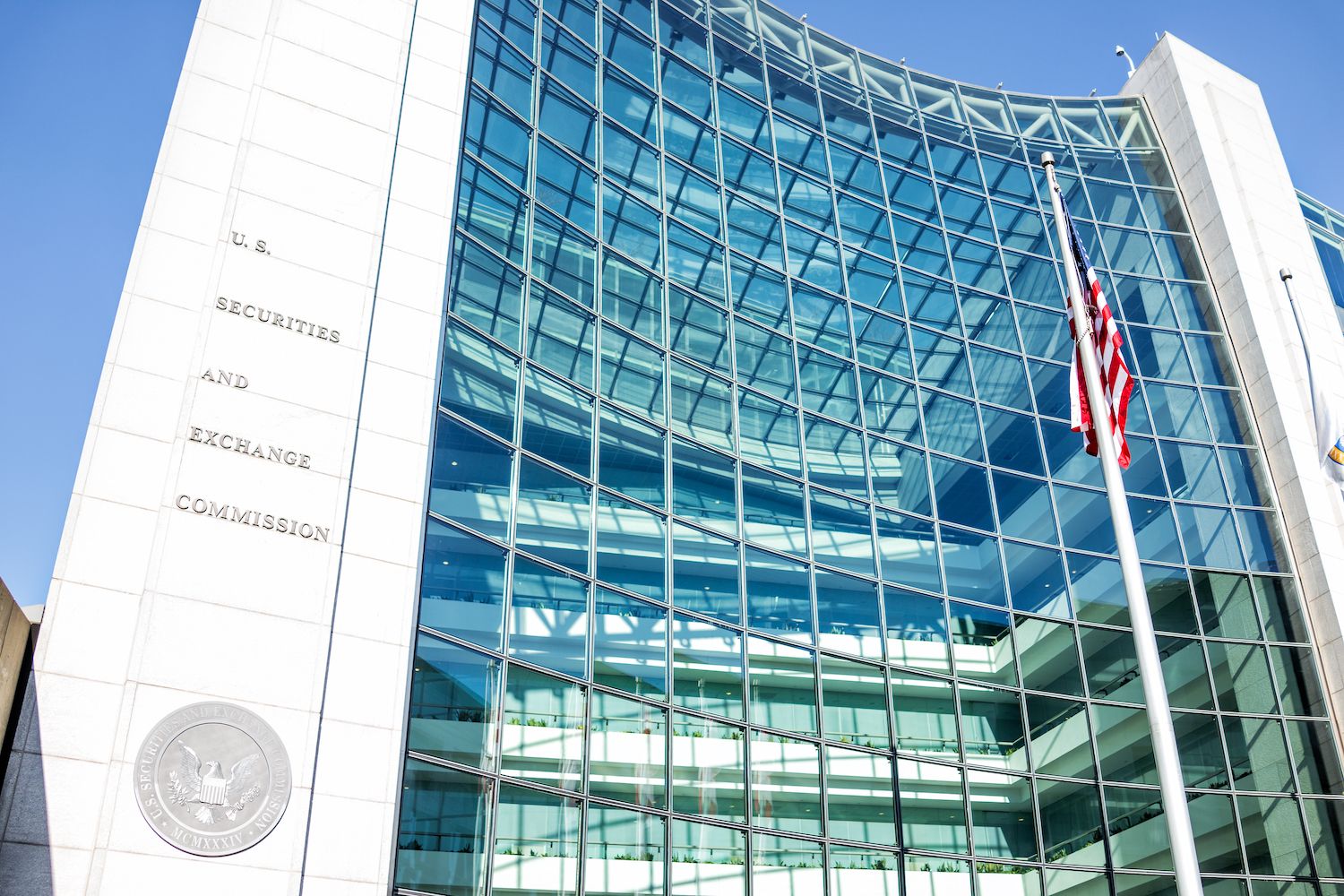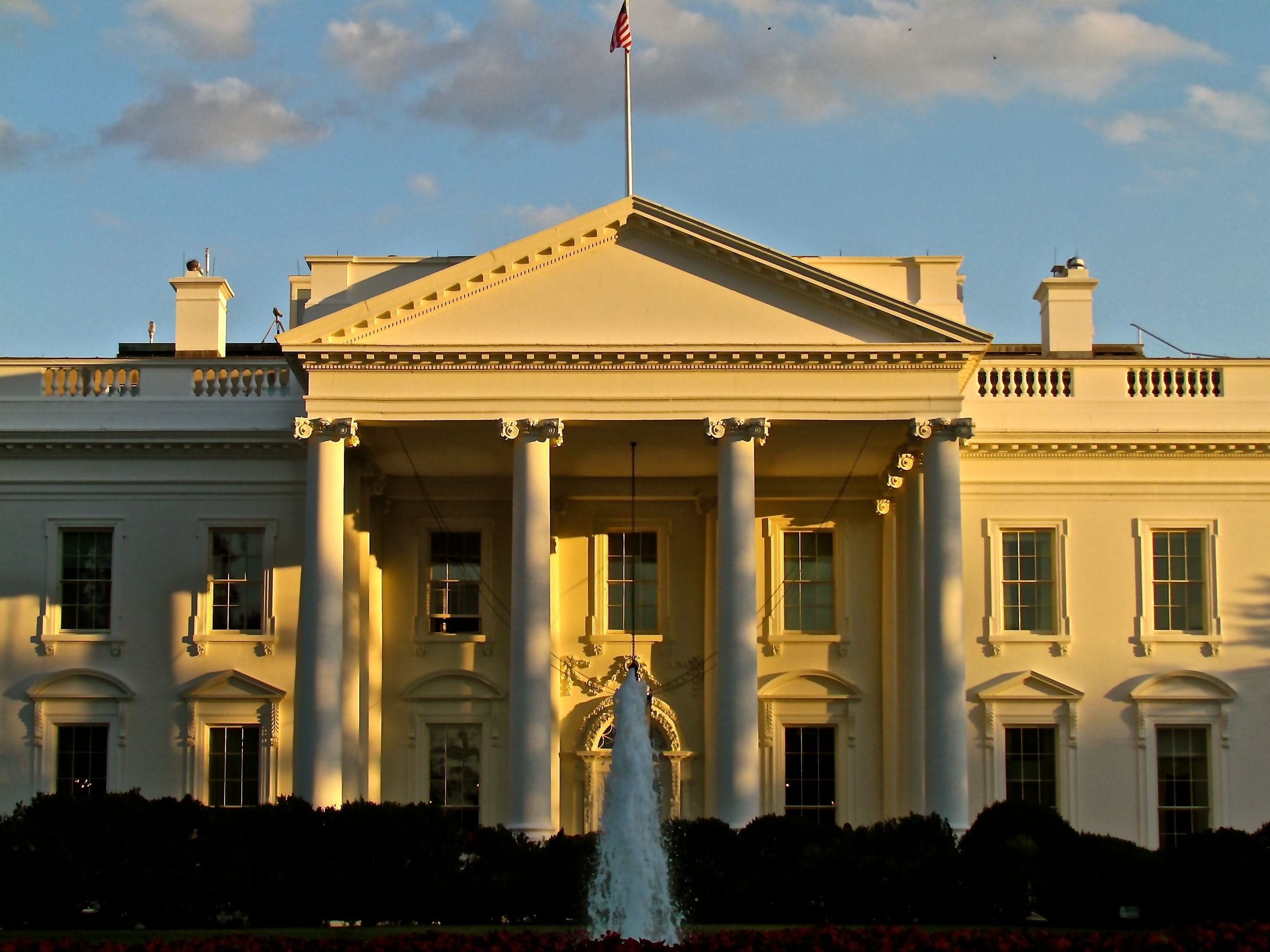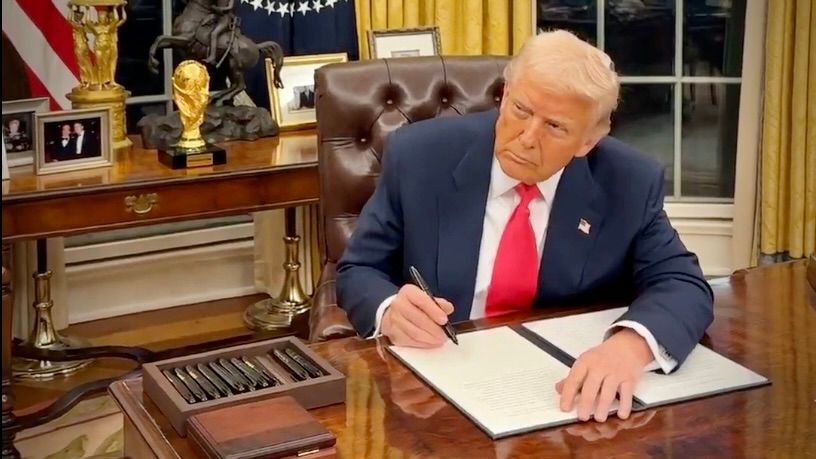The Future of Crypto Enforcement: Trends and Predictions
The Beginning
The Securities and Exchange Commission (SEC) formed its crypto enforcement unit in 2017, with a focus on fraud and capital raising events. The early days of crypto investigations targeted initial coin offerings (ICOs), which were often unregistered and lacked transparency. As a result, the industry responded responsibly, and many entrepreneurs now raise capital in compliance with federal securities laws.
The Last Four Years
During the last four years, the SEC has shifted its focus to secondary markets, such as centralized trading platforms and decentralized protocols. These transactions often involve anonymous interactions between thousands or millions of parties, making it challenging to determine who is responsible for success. Federal district courts have reached different conclusions, and there are reports that the SEC might drop one key case.
To address these complexities, the SEC doubled the size of its crypto unit, creating new supervisory and trial attorney positions. The agency spent years and significant resources litigating several non-fraud cases, with many additional lawyers working on crypto investigations. This approach, however, did not generate useful guidance for the industry and was perceived as a threat to the very premise of blockchain technology.
The Future
I do not believe the crypto industry wants a Wild West of no regulation. Rather, they desire a sensible rulebook that makes compliance feasible, and they also want regulators to crack down on fraud. No legitimate actor benefits from fraud in the industry.
What does this mean for the next four years of enforcement?
First, enforcement is just one component of regulation. We can expect increased resources dedicated to other parts of effective regulation, including new guidance and rules that offer an achievable regulatory framework. Acting SEC Chairman Mark Uyeda recently announced a new crypto task force for developing a "sensible regulatory path," and Commissioner Hester Peirce, who will lead the task force, included "preserv[ing] industry’s ability to offer products and services" in her objectives.
Second, we might see a renewed focus on fighting fraud. The Commission did not stop bringing crypto fraud cases during the last four years, but many headline cases were non-fraud regulatory disputes. That might change; as Commissioner Peirce said in her objectives speech, "We do not tolerate liars, cheaters, and scammers."
Third, once there is a new rulebook, we can expect the SEC to enforce those rules. That will take time. We might see a transition period, with some non-fraud cases, but more focus on writing the new rulebook. Once adopted, enforcement of that rulebook could come after a fair notice period for the industry to adapt.
Conclusion
I expect SEC crypto enforcement to continue, but with different priorities. Investor protection will be balanced with the SEC’s co-equal mandates of facilitating capital formation and maintaining orderly markets. The crypto industry is filled with good actors who want to be compliant; they just need a rulebook that makes compliance achievable. A renewed approach will allow the industry to grow without abandoning investor protection.
FAQs
Q: What does the future of crypto enforcement hold?
A: We can expect a renewed focus on fighting fraud, increased resources dedicated to guidance and rules, and a transition period as the industry adapts to the new rulebook.
Q: How will the SEC prioritize enforcement in the next four years?
A: The SEC will continue to balance investor protection with facilitating capital formation and maintaining orderly markets.
Q: What is the role of the crypto task force in developing a "sensible regulatory path"?
A: The task force will develop a regulatory framework that preserves the industry’s ability to offer products and services.
Q: How will the SEC approach fraud cases in the next four years?
A: The Commission will continue to prioritize investigating and litigating fraud cases, with a renewed focus on fighting fraudulent activity in the crypto space.









